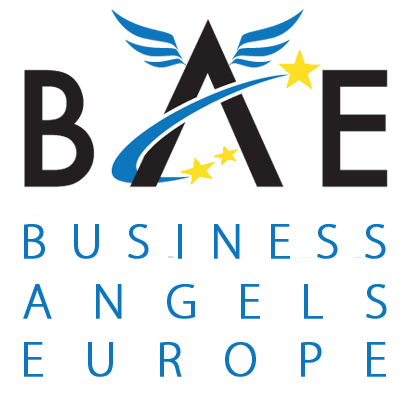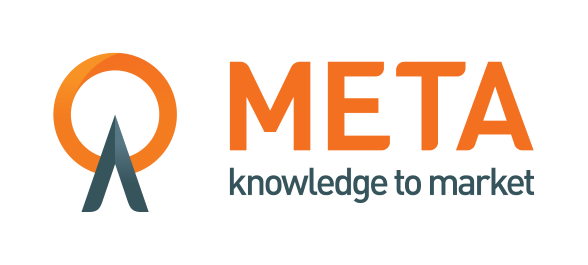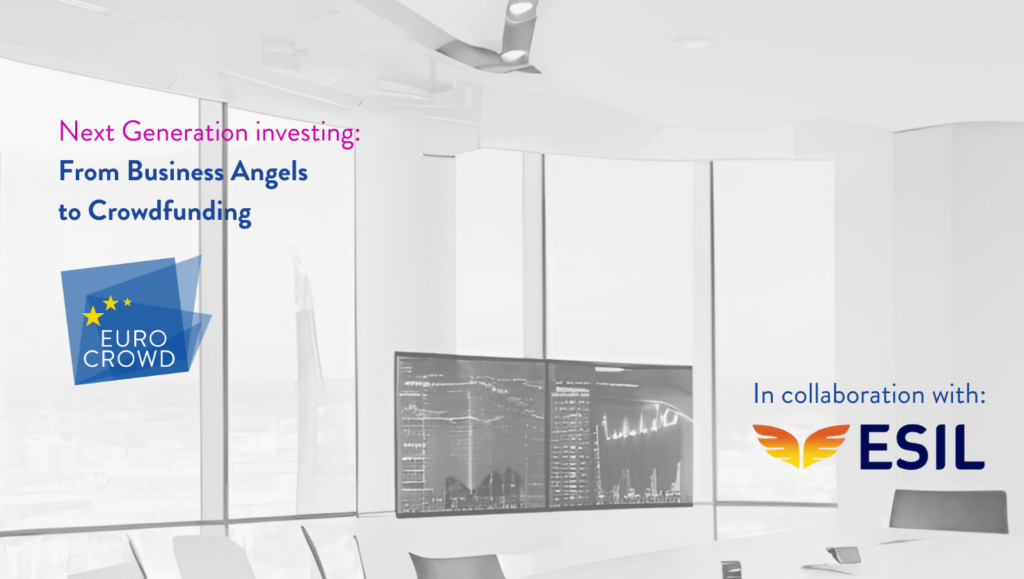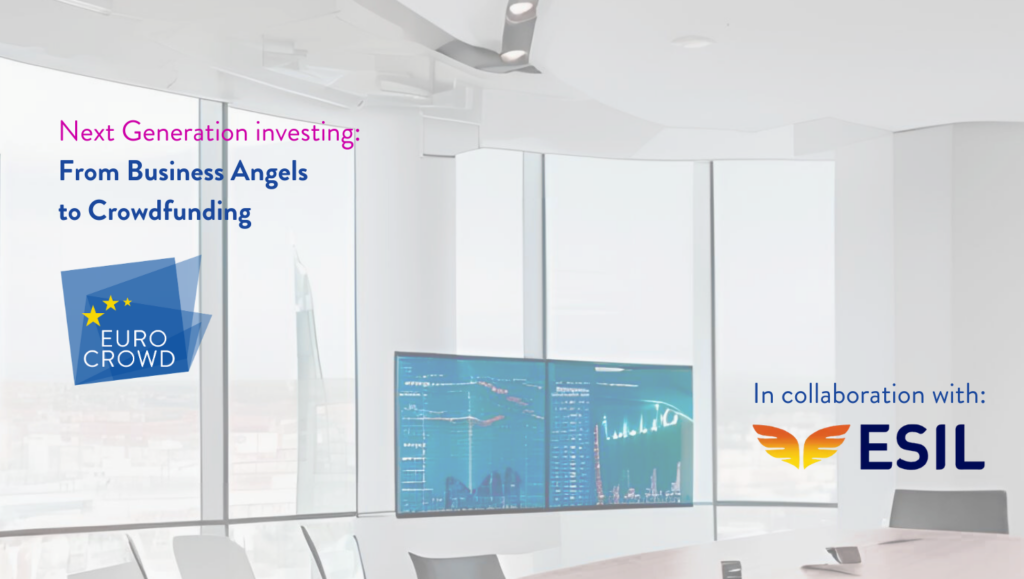Key Insights from ESIL’s Standard Non-Disclosure Agreement Template. Building trust, protecting innovation, and enabling smoother investment discussions across Europe
In the dynamic world of early-stage investment, trust and transparency are the bedrock of successful partnerships. Before an angel investor, crowdfunding platform, or early-stage fund can evaluate a company, founders often need to share sensitive commercial data, intellectual property, and strategic plans. At the same time, investors may disclose their own confidential methodologies or investment strategies.
To facilitate these conversations safely and efficiently, ESIL (Early Stage Investing Launchpad) has developed a standard Non-Disclosure Agreement (NDA) Template. This tool helps investors and entrepreneurs structure their discussions with clarity and confidence. While the full legal document is available to registered users on the ESIL website, the template embodies several universally relevant principles that foster responsible information sharing and smoother negotiations.
Why NDAs Are Essential in Angel Investing and SME Finance
An NDA, or confidentiality agreement, is often the first formal document exchanged between founders and potential investors. It establishes the rules for sharing and protecting sensitive information, ensuring that neither party misuses or discloses it without permission.
For early-stage financing—especially in high-growth sectors where intellectual property and proprietary business models are critical—NDAs provide several key benefits:
- Protection: Safeguards strategic information such as technology, financial plans, customer lists, or trade secrets.
- Clarity: Sets clear expectations and builds trust during preliminary discussions.
- Safety: Creates a secure environment to explore the feasibility of an investment.
- Balance: Ensures a fair framework when information flows in both directions.
- Recourse: Offers legal remedies in cases of misuse or unauthorised disclosure.
For angel investors, SMEs, and crowdfunding platforms, NDAs help establish a professional standard that supports efficient and effective investment workflows across borders.
Key Principles Reflected in the ESIL NDA Template
1. Mutual Protection and Balanced Responsibility
The ESIL template is designed to protect both parties equally. It recognises that founders often disclose sensitive technical and commercial details, while investors may share their own methodologies or confidential insights.
This mutual structure ensures that:
- Both parties commit to confidentiality.
- Both retain responsibility for their advisors and affiliates.
- Both understand the limits and exceptions to confidentiality.
Founders and investors should agree early on whether the NDA is mutual or one-way, depending on the depth and direction of their discussions.
2. Clear Definition of Confidential Information
The template provides a broad definition of what constitutes confidential information, encompassing:
- Written materials
- Oral discussions
- Electronic data
- Information about the negotiations themselves
It also outlines standard exceptions, such as information already in the public domain or required to be disclosed by law, while maintaining strict limits to avoid loopholes.
SMEs should review their data rooms to ensure all shared documents fall clearly within NDA protections. Investors should keep records of what was disclosed and when.
3. Restrictions on Use and Disclosure
The template sets out strict obligations for both parties:
- Use confidential information only to evaluate the potential investment.
- Do not pursue commercial advantage using the other party’s information.
- Restrict access internally on a need-to-know basis.
- Ensure affiliates and advisors comply with the same confidentiality terms.
Crowdfunding platforms and angel networks should establish internal protocols for handling sensitive company information, especially when multiple investors are involved.
4. Return or Destruction of Information
A core element of trust is what happens after negotiations end. The ESIL template includes provisions requiring the return, destruction, or deletion of confidential information, as well as certification of destruction upon request. It also maintains continued confidentiality obligations even if complete deletion is technically impossible.
Platforms and investors should implement standard internal processes for securely deleting or archiving sensitive materials after deal discussions conclude.
5. Optional Exclusivity and Non-Solicitation Protections
While not always used, the template includes optional clauses that parties may activate:
- Exclusivity: Prevents parallel negotiations for a certain period.
- Non-solicitation: Stops either party from hiring staff or diverting business for a defined period.
These clauses can be particularly relevant when negotiations are advanced or involve strategic assets.
Founders should use exclusivity sparingly, while investors should consider it when they expect to invest significant time in due diligence.
6. Remedies and Penalties in Case of Breach
To make the NDA meaningful, the template includes:
- Financial penalties for violations.
- The possibility of injunctions.
- The right to claim additional damages if losses exceed the penalty.
This clarity helps parties understand the seriousness of their obligations and the potential consequences of non-compliance.
Before signing, each party should align on what constitutes a realistic and enforceable penalty under their national law.
Why Standardised NDAs Are Critical in the European Investment Landscape
Europe’s investment environment remains fragmented, with laws, enforcement mechanisms, and common practices varying across Member States. Standardised templates like ESIL’s help reduce these barriers by offering a common starting point that:
- Reduces negotiation time: Parties align faster because expectations and responsibilities are clearly defined.
- Lowers transaction costs: Important for both angels investing smaller tickets and SMEs managing multiple investor conversations.
- Improves cross-border collaboration: A harmonised structure ensures that investors in different EU jurisdictions can work with SMEs more efficiently.
- Builds investor confidence: Clear confidentiality structures reduce perceived risks for angels and platforms.
- Supports the crowdfunding ecosystem: Platforms can improve deal-flow management, due diligence processes, and investor relations with consistent confidentiality practices.
How Crowdfunding Platforms Can Benefit from NDA Standardisation
Crowdfunding platforms increasingly handle sensitive company information during:
- Pre-launch due diligence
- Campaign selection
- Investor communications
- Post-investment reporting
Using a standard confidentiality framework aligned with ESIL’s template helps platforms:
- Ensure uniform confidentiality obligations.
- Reduce legal inconsistencies.
- Enhance trust between companies and investors.
- Facilitate co-investment rounds with angel networks.
Want to know more about becoming a Business Angel? Find out more at European ESIL
The ESIL Non-Disclosure Agreement Template supports early-stage financing by creating a clear, balanced, and professional framework for sharing sensitive information. While the full document must be obtained through the ESIL website and tailored by legal experts, the underlying principles highlight the importance of trust and harmonisation in Europe’s investment landscape.
As more angels, SMEs, and platforms engage across borders, standardised documentation not only reduces friction but also strengthens the foundation for sustainable growth and innovation.
About European ESIL
ESIL is dedicated to boosting Europe’s innovative ecosystems through the creation of a thriving, connected and diverse angel investment community across all the countries of Europe. The programme is managed by:
 |  |  |



